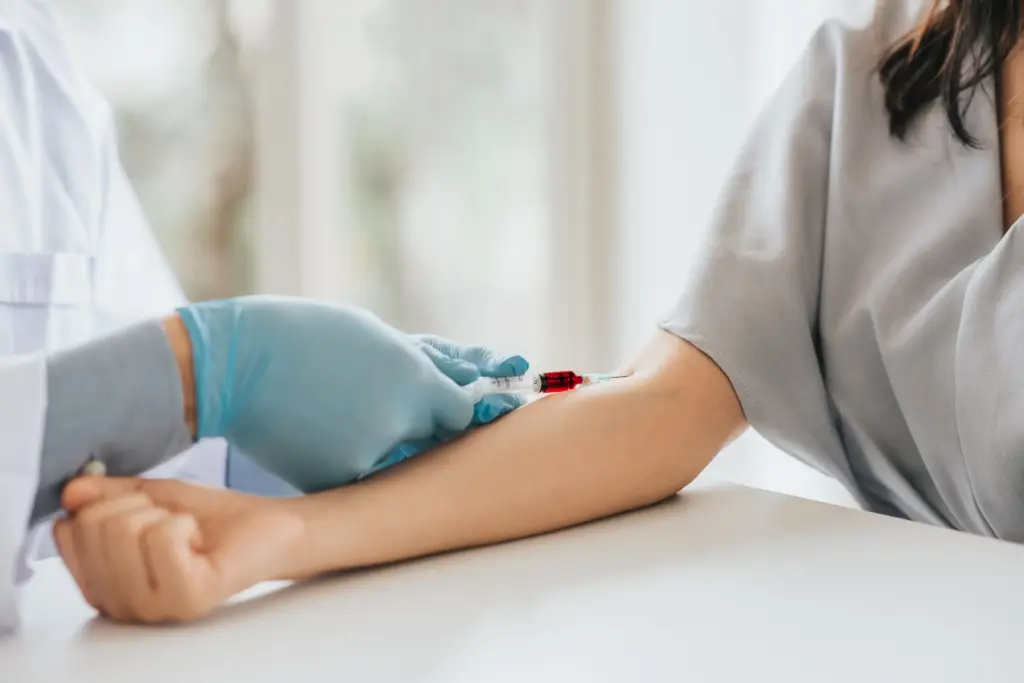
Women’s health checkup tests: Living in your 20s is a rollercoaster for women. You are trying to set up your career, forming (or breaking up) relationships, and figuring out life in general. However, the 20s are also the time when your body is laying the groundwork for your future. A lot of health issues that you might face later in life often show up silently in your 20s. Catching them early can make all the difference in your future.
One of the smartest steps you can take? Preventive health screening. So, whether you’re in your late 20s or just reaching the big 3-0, these ten essential health tests should be on your radar.
Also Read | Pregnancy after 35: Risks, facts & expert tips for a healthy journey
Here are the 10 essential health tests every woman nearing 30 should consider, and why they matter.
Pap Smear (and HPV Test):
Cervical cancer is one of the most common cancers among women. The fatality rate of cervical cancer is high, and unfortunately, the main reason behind this is the lack of regular testing. Most women are not aware that cancer is preventable and treatable at its earlier stages.
A Pap smear test is used to detect cervical cancer and any abnormal changes in the cervix. The HPV (Human Papillomavirus) test checks for the presence of high-risk strains of the virus, most often linked to cervical cancer.
- When to get it: Every 3 years (Pap), or every 5 years if combined with an HPV test
- Who needs it: All sexually active women aged 30 and above
Blood Test:
Regular blood tests can provide critical insights that help detect imbalances. Three in five women are at risk of anaemia in India. A Complete Blood Profile identifies if there is an abnormality in WBC count, platelets or blood corpuscles. It can also give you insight into nutritional deficiency, hormonal health and lifestyle-related conditions like high cholesterol, insulin resistance, and early-onset diabetes
- When to get it: Annually or as recommended
- Look for: Fasting blood sugar, postprandial, and Hba1c (3-month average)
Mammogram:
A Mammogram is a digital X-ray of the breast, used to detect any signs of potential cancerous growth. It’s usually recommended for women over 40 years of age. However, women with a higher risk of breast cancer, such as those with a family history of early-onset breast cancer or a known genetic mutation, may be advised to begin screening earlier, potentially at age 30 or even earlier.
Vitamin D and Bone Density Test (DEXA scan):
While osteoporosis is commonly associated with older women, bone health starts declining much earlier than most realise. Early bone thinning (osteopenia) is common after 30, especially in women who sit for long hours or have had children. Vitamin D deficiency is also common among women. Get a bone density test done so you can evaluate bone health and also identify potential causes for poor health.
- When to get it: Every 2–3 years or as advised by your doctor
- Added tip: Pair it with calcium level testing

Lipid Profile test:
Women often experience atypical heart symptoms or none at all until a major event occurs. A lipid profile can detect red flags early, even when you feel perfectly healthy.
A Lipid Profile (or Lipid Panel) is a blood test that measures the levels of fats in your bloodstream, including total cholesterol, LDL (Low-Density Lipoprotein) – “Bad” Cholesterol, HDL (High-Density Lipoprotein) – “Good” Cholesterol and Triglycerides. These markers help assess your risk of developing cardiovascular disease, stroke, and other metabolic disorders.
- When to get it: Every 1–2 years
Thyroid Function Test (T3, T4, TSH):
Women are 5 to 8 times more likely than men to develop thyroid problems. The thyroid regulates metabolism, energy levels, menstrual health, mood, weight, and fertility. A Thyroid Function Test, which typically includes T3 (Triiodothyronine), T4 (Thyroxine), and TSH (Thyroid-Stimulating Hormone), can detect imbalances that often go unnoticed but can significantly affect a woman’s quality of life.
- When to get it: Once a year, or more frequently if symptomatic
Blood pressure:
Many women assume high blood pressure is a concern only after age 50, but it can begin in your 20s or 30s. This is often dubbed as a “silent killer” because it usually presents no symptoms until it leads to serious complications like heart attacks, strokes, or kidney disease. Routine checks are the only way to catch it early.
- When should you get it: Every woman over 20 should get her blood pressure checked annually.
- Bonus Tip: Monitoring blood pressure throughout pregnancy is crucial for a safe delivery and postpartum recovery.
Liver and Kidney Function Tests:
Liver Function Tests (LFT) and Kidney Function Tests (KFT) help detect early signs of damage or imbalance, often before symptoms arise. An LFT checks for inflammation, fatty liver, or damage caused by medications, alcohol, or lifestyle habits. A KFT helps detect early damage before it leads to chronic kidney disease.
- When to test: Once every 1–2 years or if symptomatic
Hormone Profile Testing:
Hormones play a powerful role in a woman’s health, affecting everything from mood and metabolism to skin, fertility, and menstrual cycles. A hormonal profile evaluates key hormones like estrogen, progesterone, testosterone, and prolactin, helping you identify and manage reproductive and endocrine issues.
- Recommended for: Irregular cycles, acne, weight gain, and infertility
Also Read | How to spot breast cancer early: Key symptoms explained
Mental Health:
Stress, anxiety, and depression are often overlooked in women juggling multiple roles. These little issues can build up silently and affect overall well-being. Regular mental health screenings help identify early signs of emotional distress, hormone-related mood disorders (like postpartum depression), and chronic stress.
- Tools: Simple screening tools can help identify trigger points.
Turning 30 is more than just a milestone; it’s a reminder to start prioritising your health like never before. As your body changes, so do your health needs. Regular screenings can help catch problems early, manage existing conditions, and prevent long-term complications.








